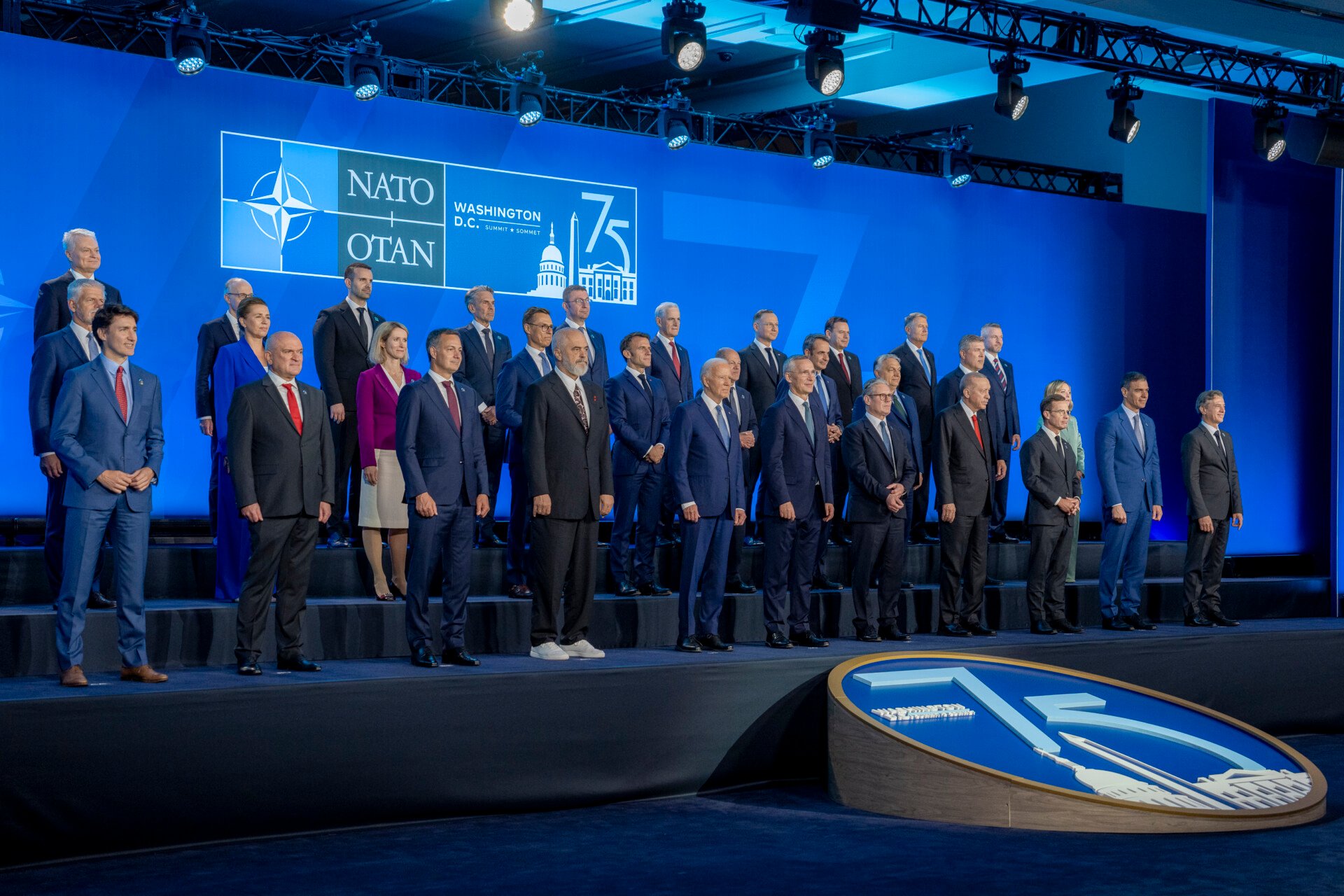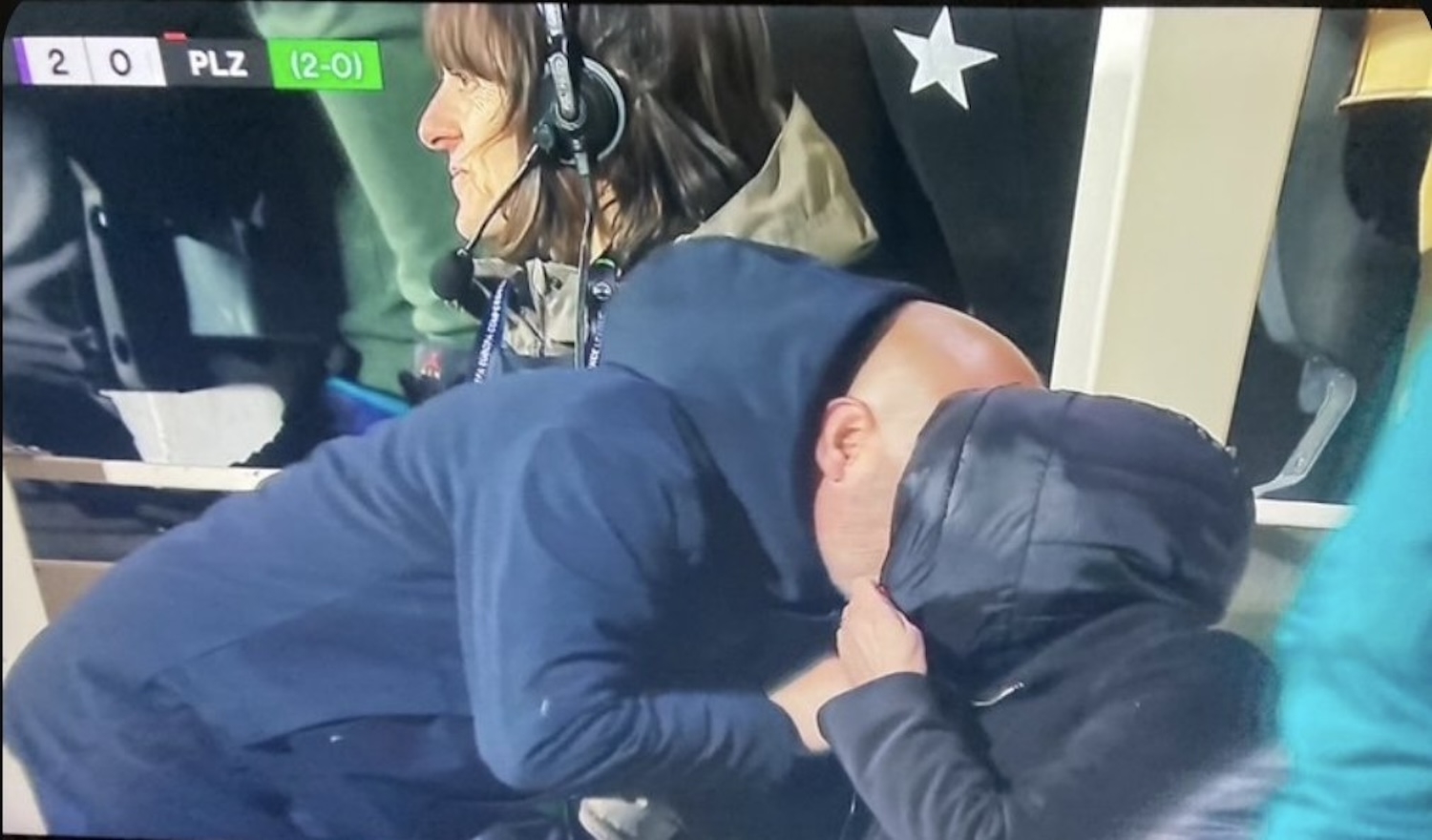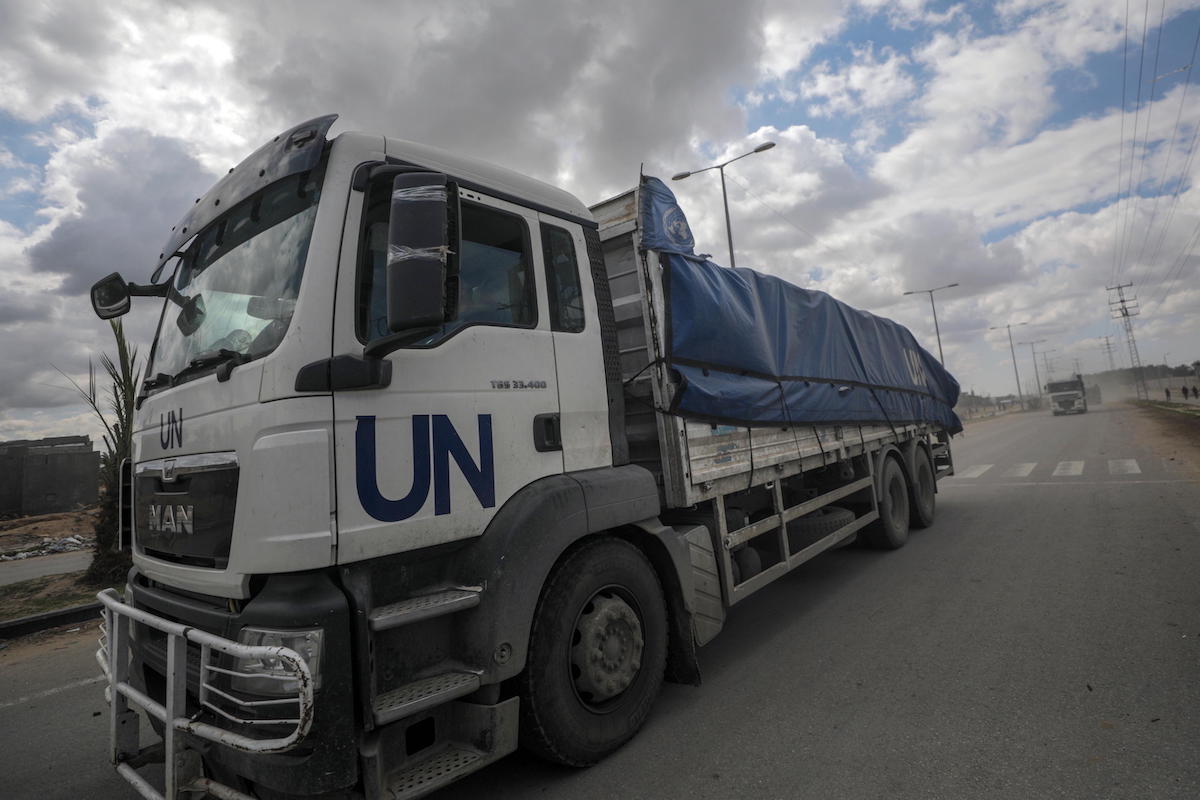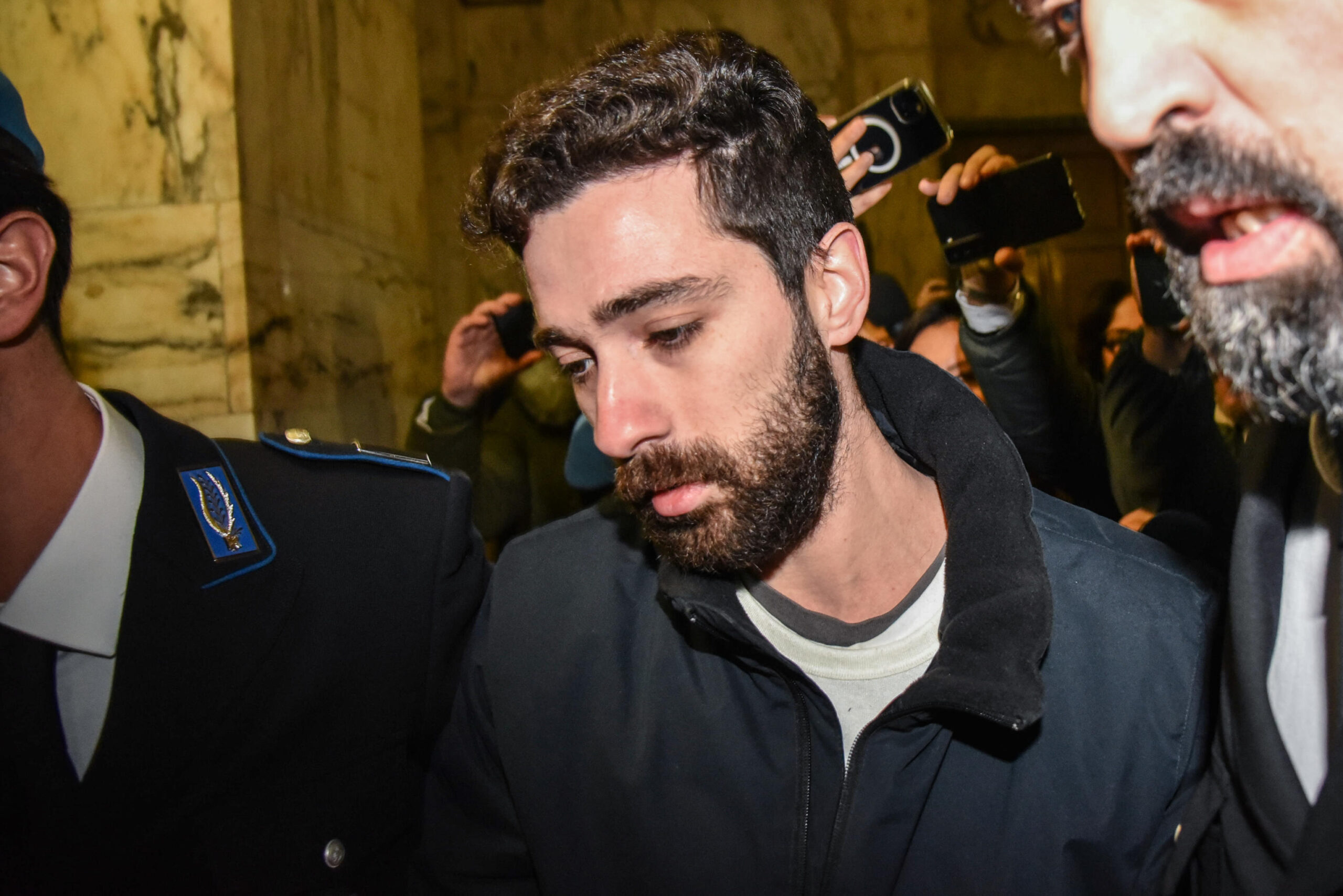On October 1, former Prime Minister of the Netherlands Mark Rutte became the new Secretary General of NATO. He will have to deal with the legacy left to him by his predecessor Jens Stoltenberg who, since October 2014, was at the head of the most powerful intergovernmental military organization in the world.
During this decade, there has been no shortage of crucial questions which, although they have put the Atlantic Alliance to the test, have reinvigorated internal cohesion by strengthening its projection on a global scale. The latter will be increasingly called upon to demonstrate balance and use the weapons of diplomacy in an extremely changing world.
You too can rediscover the pleasure of staying informed!
Your support helps protect our independence so that we can continue to produce quality journalism that is open to all.
Support us
The birth of NATO: a difficult international balance
75 years have passed since the signing of the North Atlantic Treaty, commonly known as the Atlantic Pact, in Washington in April 1949. It was signed by 12 states, including Italyand immediately equipped itself with a robust intergovernmental military apparatus. The main objective of the Pact was in fact to defend against Moscow's objectives.
The pivot of the North Atlantic Treaty Organization (NATO) is art. 5, which provides for the collective intervention of the member countries of the Alliance in the event of an external attack against one of them and “right of individual or collective self-defense, recognized by Article 51 of the Charter of the United Nations”as stated in the article itself.
Over the years, many other countries were added to the 12 member countries from 1949, until current 32. These include several former member states of the Soviet-led Warsaw Pact and some historically committed to war neutrality (such as Finland and Sweden, which joined in 2023 and 2024, respectively).
The Atlantic Pact and global challenges
The gradual expansion of the Alliance to other countries is very indicative of the attractive power that NATO was able to exercise in three quarters of a century, despite rough seas and very hostile winds. But power comes at a fairly high political and military cost. It is no coincidence that Luciano Caracciolo, director of limesin his latest book: Peace is over. So the story begins againwarns the United States, NATO's main shareholder, against any violation of “rule of all empire: the limit”.
An accusation repeated several times during the ten-year mandate of Norwegian Jens Stoltenberg. The latter took office as head of the Atlantic Alliance in October 2014, just one month after the signing of the first Minsk Protocol between Russia and Ukraine, the first in a series of events that would lead to conflict which broke out in February 2022.
One of the main protagonists in the Russian-Ukrainian conflict was the Secretary General of NATO. Its action is focused above all on the political and diplomatic level, in an often energetic and muscular posture. In addition to uniting the member countries of the Alliance around support for Ukraine, through the sending of weapons, ammunition and military personnel, NATO Secretary he skilfully succeeded in resolving thorny issuessuch as the accession of Finland and Sweden, the latter being particularly opposed by Erdoğan's Turkey.
The challenges of the new NATO Secretary General
Before the Scandinavian countries, Stoltenberg also oversaw the entry of Montenegro (2017) and North Macedonia (2020). Without forgetting the significant diplomatic support provided to Operation Inherent Resolve, in October 2014, in which 80 states joined to counter the expansion of the Islamic State in Syria and Iraq.
His commitment, however, was not only focused on the fight against the policies of Moscow and Beijing (remember the crisis with Taiwan in 2022), but also on facing internal isolationist pressures from Alliance member countries. “Allies must be prepared to pay the price for peace. Spending at 2% of GDP is no longer enough to guarantee security”he warned during his last speech on September 19.
A refrain not new, in fact, which responds to a changing world increasingly torn by conflicts. In this scenario, an intergovernmental defense structure that wants to be truly at the forefront needs, in addition to technology, above all balance and sense of limitsknowing that dialogue remains the main weapon to be refinedto avoid further radicalization and spirals of violence that still await us.



